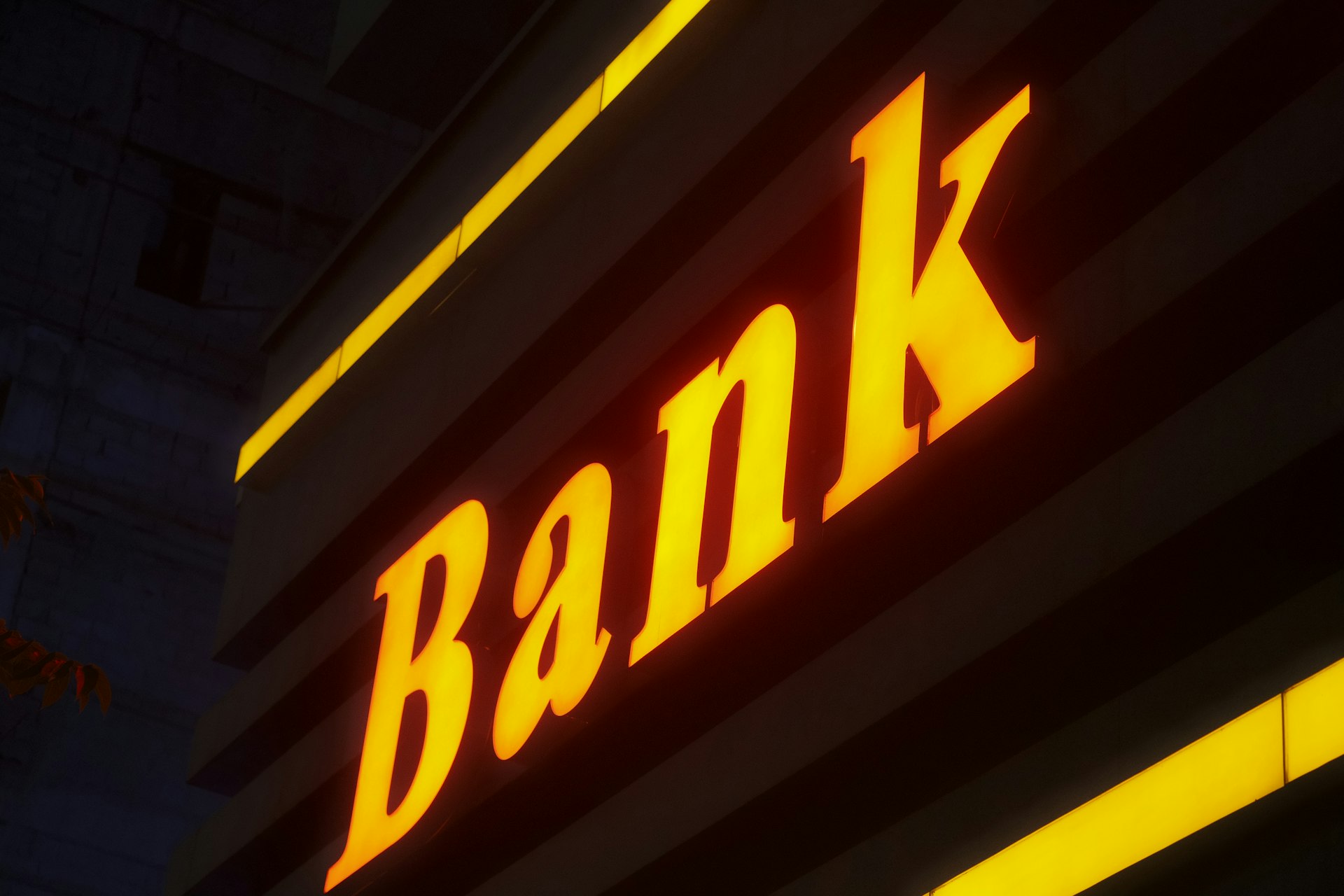Mastering Your Money: How Personal Finance Apps Transform Budgeting in 2025

Photo by Kanchanara on Unsplash
Introduction: The Evolution of Money Management
Managing personal finances is no longer a task reserved for spreadsheets and manual tracking. With the rise of robust personal finance apps, individuals and families now have access to powerful tools that can automate budgeting, monitor spending, and provide insights to improve financial health. In 2025, these apps have become essential for those seeking better money management -from tracking expenses to planning for the future and even collaborating with household members. This article explores the leading personal finance apps, key features to consider, actionable steps for getting started, and strategies to maximize their benefits.
Top Personal Finance Apps for 2025: Features and Real-World Applications
A variety of personal finance apps are available, each offering unique features to suit different needs and preferences. Here are several of the most highly recommended apps for individuals seeking to streamline their budgeting and financial planning:
Monarch Money: For Customizable Budgeting
Monarch Money
stands out for its highly customizable approach to budgeting. Users can sync multiple bank accounts, credit cards, loans, and investments, consolidating all financial data in one secure platform. Monarch offers two primary budgeting strategies: the
flex
approach, which provides a high-level overview by grouping expenses into broad categories, and the
category
approach, which allows for detailed tracking of every spending type, from utilities to entertainment. Monarch also features a net worth tracker, investment dashboard, shared savings goals, and collaboration tools-making it suitable for singles and couples managing finances together. The app is available on both desktop and mobile. However, the advanced feature set comes at a price: $99.99 per year or $14.99 per month, with a free seven-day trial and money-back guarantee
[1]
.
Example: A couple looking to coordinate their monthly expenses and savings goals can both access Monarch Money, set shared budgets, and tag joint expenses. This fosters transparency and accountability while providing insights into long-term net worth growth.
YNAB (You Need A Budget): For Hands-On Zero-Based Budgeting
YNAB (You Need A Budget) is a favorite among those who want a more active, hands-on approach to budgeting. Its zero-based budgeting philosophy ensures every dollar is given a job, promoting intentional spending and saving. YNAB offers real-time syncing with financial accounts and robust reporting tools. Users often report a learning curve, but many find that the structure encourages consistent engagement with their finances, leading to improved money habits over time. Pricing is typically around $99 per year, though users should verify current rates before subscribing [1] [3] .
Example: An individual with variable income, such as a freelancer, can use YNAB to allocate funds to essential categories first and adjust their spending dynamically as income fluctuates. This helps avoid overspending and builds savings for irregular expenses.
Empower: For Comprehensive Financial Tracking and Investments
Empower (formerly Personal Capital) is recommended for those who want to go beyond budgeting and track investments, retirement accounts, and overall net worth. Empower allows users to link their checking, savings, investment, and retirement accounts, providing a holistic dashboard of all financial assets and liabilities. The app includes robust analytics for investment portfolios, including asset allocation and performance tracking. Empower is offered free for basic use, making it accessible for most users interested in holistic money management [2] .
Example: Someone saving for retirement can use Empower to view all investment accounts in one place, analyze diversification, and receive personalized advice to optimize their portfolio over time.
Mint and Credit Karma: Free Budget Tracking and Spending Insights
Mint , once the leading free budgeting app, has been integrated into Credit Karma . Users can now track their spending, create budgets, and monitor net worth through Credit Karma’s platform. The service is free and allows users to link accounts from thousands of financial institutions. While some features have shifted, the core functionality remains: providing a centralized view of spending and personalized insights for better money management [4] .
Example: A college student can link checking, credit card, and loan accounts to Credit Karma, review monthly spending by category, and set up alerts for unusual transactions-all without subscription fees.
Other Noteworthy Tools: Simplifi, Tiller, and Google Sheets
Simplifi by Quicken offers a user-friendly experience at a competitive price (around $2.99 per month, billed annually). It is ideal for beginners who want quick setup and intuitive navigation. Tiller is best for those who prefer spreadsheet-based budgeting, automatically updating Google Sheets or Microsoft Excel with real-time financial data. Users seeking complete control and customization may also use free templates with Google Sheets [2] [5] .
How to Choose the Right Personal Finance App
Selecting the best app for your needs requires consideration of several key factors:
- User Experience : Is the app easy to navigate? Can you quickly find the data you need?
- Cost : Determine whether a free or paid app fits your budget. Some paid apps offer free trials, so you can test features before committing.
- Security : Ensure the app uses robust encryption and security protocols to protect sensitive financial data.
- Account Integration : Check if the app can connect with your banks, credit cards, loans, and investments for a complete financial view.
- Device Compatibility : Confirm the app works on your preferred devices (desktop, iOS, Android).
For those cautious about privacy, review the app’s privacy policy and select tools that do not sell personal data to third parties. Most reputable apps will have transparent documentation outlining their data protection measures [5] .
Step-by-Step Guide: Getting Started With Personal Finance Apps
1. Assess Your Needs : Identify your primary goal-whether it’s tracking spending, building a budget, managing investments, or improving savings. This will help you choose an app with features aligned to your objectives.
2. Research and Compare Apps : Visit reputable review sites such as NerdWallet and Kiplinger for up-to-date comparisons and user feedback. Look for recent ratings and reviews that discuss both strengths and possible drawbacks [1] [2] .
3. Download and Install the App : Only download apps from official app stores or the company’s verified website. Avoid third-party download sources to reduce security risks.

Photo by Benjamin Dada on Unsplash
4. Sync Your Accounts : Most apps allow you to securely link your financial accounts. Follow the app’s onboarding instructions-usually requiring bank logins or secure tokens-to enable real-time monitoring.
5. Set Up Budgets and Goals : Use the app’s budgeting features to allocate funds for essential categories (housing, food, savings, etc.). Set savings goals, bill reminders, and alerts for overspending.
6. Review and Adjust Regularly : Schedule time weekly or monthly to review your financial dashboard, analyze spending trends, and make adjustments as needed. Many experts recommend combining app usage with periodic check-ins with a financial advisor to stay on track [2] .
Common Challenges and Solutions
Initial Setup Complexity : Some apps, especially those with extensive features (like YNAB and Monarch Money), have a learning curve. To overcome this, take advantage of tutorials, help centers, and user communities. Many apps offer onboarding guides or video walkthroughs.
Account Syncing Issues : Occasionally, banks or credit cards may not sync properly. If this occurs, try manual transaction imports or contact customer support for troubleshooting. Regular updates and app maintenance often resolve these issues.
Subscription Costs : Paid apps may not fit every budget. If cost is a concern, explore free options like Credit Karma or Google Sheets templates. Evaluate whether premium features provide enough value to justify the price.
Alternative Approaches for Better Money Management
While apps can automate many aspects of money management, some users may prefer or supplement with manual methods:
- Use printable budget templates or spreadsheets for manual tracking.
- Combine app-based tracking with regular meetings with a financial advisor.
- Access free educational resources from reputable financial literacy websites, such as the Financial Literacy Resource Directory, which provides guides and tools for all ages [5] .
For those seeking additional support, organizations like NerdWallet and Investopedia provide up-to-date articles, calculators, and comparison tools to help users make informed financial decisions [1] [5] .
Summary and Key Takeaways
Personal finance apps in 2025 offer a wide range of tools to help individuals and families manage money more effectively. By selecting an app that matches your goals, syncing your accounts, and regularly reviewing your progress, you can take control of your finances and work toward long-term financial stability. If you’re unsure where to start, review recent comparisons from established sources, consider your comfort with technology and privacy, and leverage both free and paid resources for guidance. Remember, the best budgeting strategy is one you can consistently maintain and adapt to your changing needs.
References
- [1] NerdWallet (2025). The Best Budget Apps for 2025: YNAB, PocketGuard and Monarch Money.
- [2] Kiplinger (2025). Seven of the Best Budgeting Apps for 2025.
- [3] Debt Free Millennials (2025). Best Budgeting Apps Round Up for 2025! [YouTube]
- [4] Mint by Intuit (2025). Budget Tracker & Planner | Free Online Money Management.
- [5] Purdue Global (2025). Best Personal Finance Tools for 2025.
MORE FROM dealresult.com













